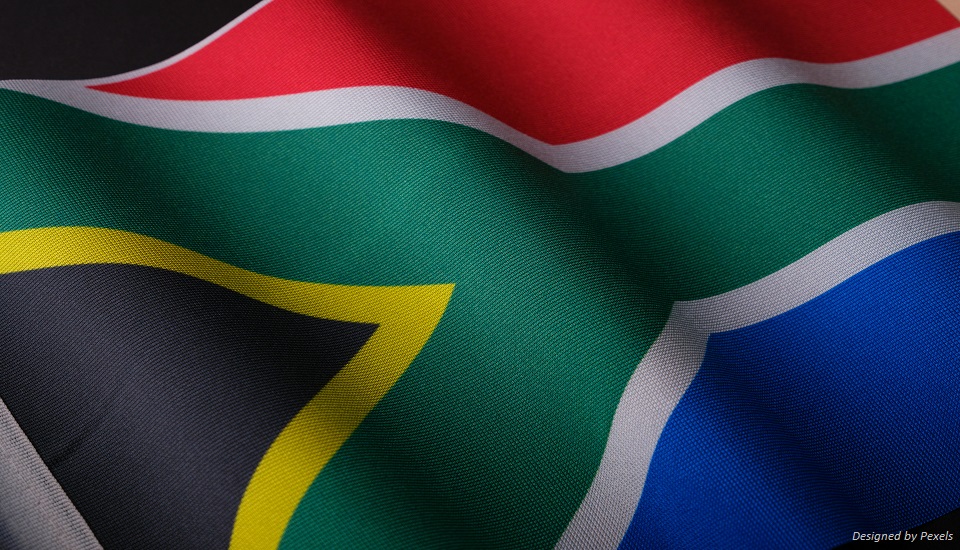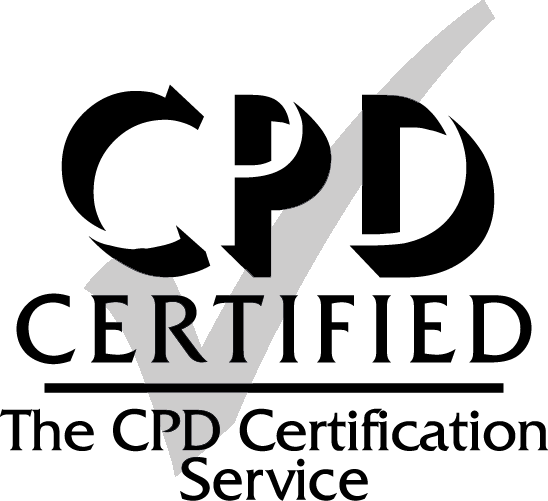Africa's Educational Revolution: What the World Can Learn
17th March 2025

Africa is becoming a pivotal player in global educational innovation, with immense potential to influence the future of learning worldwide. In the next three decades, the continent could provide the majority of the world’s new workers. This progression underscores the importance of investing in high-quality, equitable, and accessible education. Today, Africa is a wellspring of educational ideas that are reshaping teaching and learning. This factor has inspired may for teaching in Africa.
Efforts abound to support and develop the teaching profession in Africa, integrating technology as a vital tool to enhance education quality. Fostering collaboration between African educational systems and international partners further fuels this innovative spirit.
The teaching profession is climbing in standards, as digital literacy becomes a core element of curricula across Africa. When African educators are empowered with technology, they spark a wave of innovation that can be instructive globally.
So, without any further delay, let’s get to know why the world should look out for Africa’s innovation in education industry.
Importance of Africa's Educational Landscape
Let’s get to know the importance of Africa’s educational landscape in detail:
- Africa's Role in the Global Workforce
Within the next three decades, Africa is poised to deliver the majority of entrants to the global workforce. The continent's potential is immense, making its educational quality, equity, and accessibility a matter of global interest. As the cradle of the future workforce, what African students learn in classrooms today could shape tomorrow's world economy.
- Current Challenges in African Education
However, this bright future doesn't come without its challenges. Basic literacy skills have shockingly declined in four out of ten African nations, and primary education completion rates trail behind the global average. With approximately 50 million children out of school, the educational landscape urgently needs a fix. Moreover, the youth-dominated population demands an additional 9.5 million teachers and 9 million new classrooms by 2050. Talk about a growth spurt!
- The Need for Quality, Equity, and Accessibility
To turn the tide, the African education system must embrace quality, equity, and accessibility. Transformative changes are necessary, to ensure every child, regardless of location or gender, has access to quality education. Failing to address these dimensions could thwart Africa's potential as a global education leader.
Innovations in Teaching and Technology In Africa
Let’s get to know what are the innovations that Africa are embracing in Teaching and Technology field:
- The Potential of Teacher Training
Investing in teacher training is a game-changer. By empowering teachers with advanced teaching skills and technology know-how, the cornerstone of education gets sturdier day by day. Teachers aren’t just facilitators, but the innovators themselves, sparking the flames of curiosity and growth among students.
- The Role of Educational Technology
Educational technology is another frontier Africa is boldly exploring. From simple digital tools like laptops to sophisticated educational platforms, technology augments what happens in the classroom. For instance, in Rwanda, digital transformation led by the Ministry of Education is a testament to the power of EdTech in revolutionizing learning experiences.
- International Collaboration and Support
Finally, success in these innovations hinges on robust international collaboration. The African Union stresses the importance of global partnerships to realize the continent's educational potential. This global responsibility means international bodies, NGOs, and governments must rally, synergizing resources and expertise to uplift Africa’s education system.
- Lessons from African Success Stories
Africa has become a dynamic hub for education innovation, offering the world valuable lessons from its unique experiences and challenges. These lessons are transforming how education is approached and delivered on a global scale.
- Economical Innovation During COVID-19
The COVID-19 pandemic presented significant challenges worldwide, but it also highlighted Africa's resourcefulness in education. In Eswatini, for instance, when schools closed in March 2020, the education sector sprang into action with frugal innovation. The national telecom provider offered free internet access, and printing presses were used to create exercise booklets distributed via newspapers. Lessons were even broadcast on TV and radio. This adaptive strategy allowed education to continue despite limited resources, showcasing a model of resilience that even wealthier nations can learn from.
- National Education Plans and Outcomes
Countries in Africa are implementing bold national education plans with clear standards and targets. For example, Senegal achieved remarkable improvements in early-grade literacy by ensuring high-quality textbooks for all children. These successes demonstrate that well-defined plans and robust investment in teacher training can yield excellent outcomes. Programs focus on raising the status of teachers, providing them with essential training, support mechanisms, and opportunities for collaboration. This approach is vital as Africa aims to address its education challenges and reduce dropout rates, especially among girls.
- The Importance of Community and Collaboration
Collaboration and community are at the heart of educational progress in Africa. By fostering communities of practice, teachers share innovative techniques, resources, and insights, strengthening the educational fabric. Partnerships with international institutions have also been pivotal. For instance, collaborations between African leaders and universities like Cambridge are nurturing digital skills and expanding educational opportunities. This spirit of community not only enhances the quality of education but also allows African countries to set an example of how collective effort and shared visions can drive meaningful change in education systems globally.
Final Thoughts
Africa holds the key to a forward-thinking, innovative future in education, influencing global learning for generations to come. With 60% of its population under 25, a large youth demographic presents both a challenge and an immense opportunity. By investing in teacher training and integrating technology effectively, Africa can transform challenges into dynamic educational progress.
Over the next decade, Africa is poised to become a major contributor to the global workforce. Its emerging models of educational innovations have the potential to inspire and shape future educational trends worldwide.
Moreover, international collaboration and support are crucial. As African education policies evolve, engaging globally will enable Africa to leverage expertise and resources effectively. Africa’s journey in education innovation isn't just about catching up; it's about setting trends and leading from the front.
If you also wants to be a part on the innovative education journey in Africa, then consider pursuing a Degree in Teaching and Education, and start your journey today!
We believe education should be accessible for everyone. That’s why we don’t charge for our blogs. Find the right course that will help you in your career with us, contact us at +6621056101. You can mail us at act@asiancollegeofteachers.com












